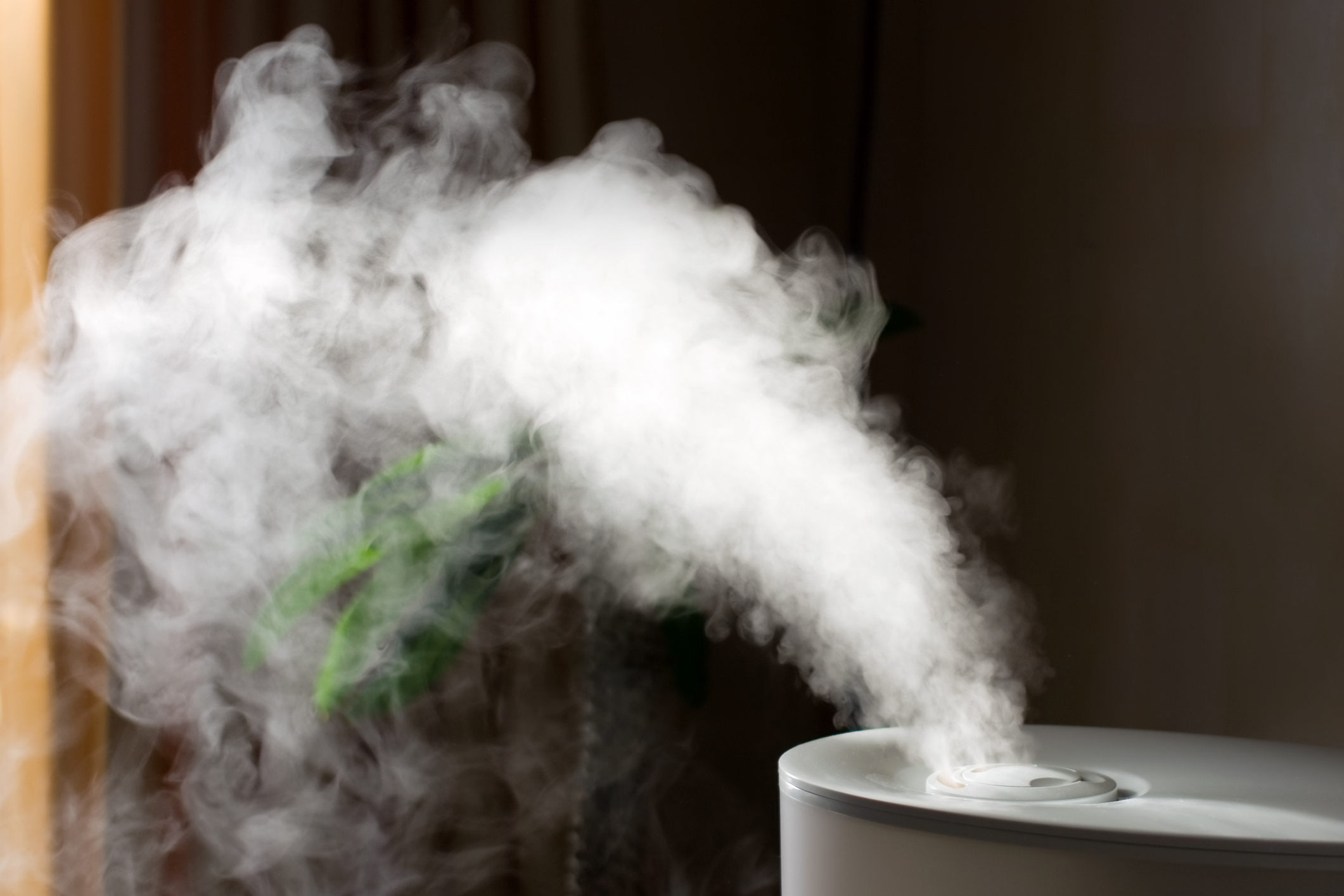Dry winter air is hard on our skin and hair causing itchiness, flaky skin and scalp and brittle locks but a new study has also found that dry indoor air can increase the risk for contracting illness from viruses and bacteria travelling through the air.
When the indoor air dries out as a result of heating and cooler outdoor temperatures, researcher and health lecturer Stephanie Taylor found that droplets and skin flakes carrying microbes are launched into the air and can travel long distances over long periods of time. And according to a recent report in Forbes, these viruses and bacteria that survive travelling across dry air are frequently microbes associated with infection.
In a study of preschool students by researchers at the Mayo Clinic in which half the classrooms were humidified and half not, over a three month period the number of children who were absent due to influenza illness was two-thirds lower among children in the humidified classrooms. Dry air allows some of the infectious microbes to lay dormant rather than die, and then they reactivate when hydrated on the body of a human.
Dry air also leaves people more susceptible to infection when natural barriers in the nose and mouth dry out. And while drinking plenty of fluids year-round is important for overall well-being, keeping the air at a relative humidity of between 40 and 60 percent is an inexpensive and non-invasive means to reduce the transmission of infection at home, in hospitals or long-term care facilities and in schools.
Not sure if your home is within the recommended relative humidity? If your thermostat doesn’t give you a humidity reading, a digital indoor hygrometer can gauge humidity and temperature and is generally around $10. And there are many single room and whole-house humidifiers that may prevent illness and help people recover more quickly from respiratory infections. Skin and hair will also thank you! Perhaps that’s one more thing to add to the gift list for someone you know who tends to get sick often during the winter season. Here’s Good Housekeeping’s list of 2019’s top 5 humidifiers.






Add Your Voice
0 Comments
Join the Discussion